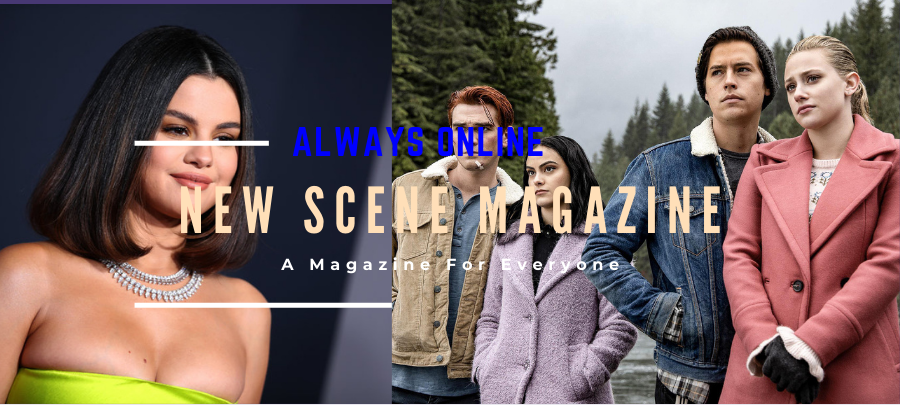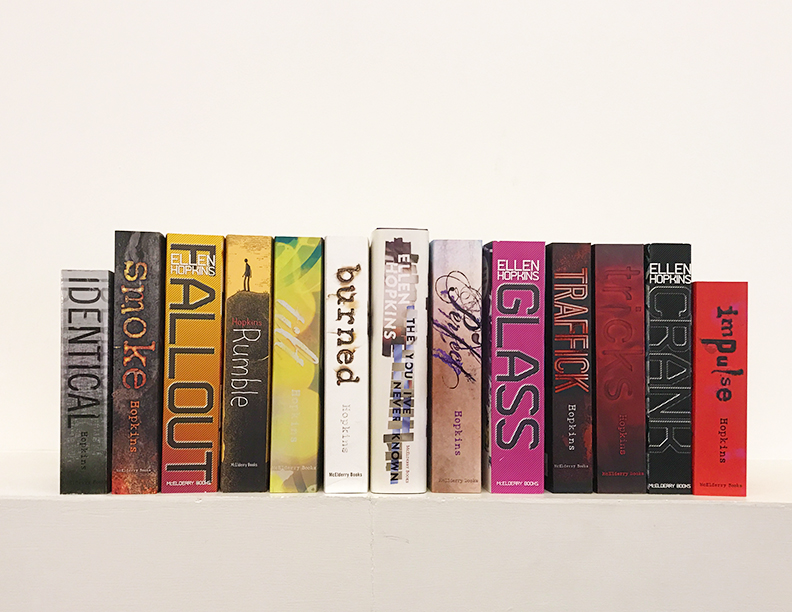Our Mental Health reporter Solstice sat down with Ellen to discuss her writing journey, advice, and her iconic books.
Q: What brought you into the writing field?
A: It started with reading, I was reading before kindergarten. I’ve always loved books. I think most avid readers decide they can write. It’s reading a book, and thinking “Ah, I can do better than that”. So I decided to give it a try
Q: How has writing helped with the stress of life? Does it help you cope?
A: It definitely helps me cope, I don’t know how I would have gotten through these past few years of life without it. I always recommend to readers, or people who come to me asking how to cope, to write. It can help you make sense of things, by putting words on paper.
Q: We know what the Crank Trilogy was inspired by, what inspired you to publish it
A: I had a lot of friends who had kids struggling with addiction, and I thought that if I could show, through a real story, rather than a made up story, I figured I could show how the outcomes could go. Even though Crank is fiction, it is about 70% fact. I thought if I could write a book that shows the outcomes, and how easy it is to fall into some addictions, I could discourage people from going down that path. As well as being an insight for loved ones. So that they know that after a while, it becomes the drug talking, not your loved one. Then you can focus the blame on the place it needs to be, instead of your loved one. I was hoping I could change the way people viewed addiction, and I think I did.

Q: What would you say to young writers who are writing their story?
A: Fictionalizing helps. If you can create a character, you can step back, and get a little bit of a wider view. Especially when you’re writing your own story, you can change the way things are done, and see how you would (or wouldn’t) change things. I think it just gives an overall wider lense in general. It also gives you a view of yourself, and what’s important to you.
Q: What brought you to the decision to write for Young Adults instead of adults or children?
A: I was writing for younger kids earlier in life, which is not my skill set. Writing picture books seems easy, but it’s not, it’s really hard to do them well. I was writing picture books when my kids were little, and as they grew up, I started writing older and older. When I’m writing about the teens in my life, or inspired by the teens in my life, it just made sense to write for teens. I’ve written for adults as well, and it’s fun. I have a project in mind for adults. As far as publishing comes in mind, the adult marketplace is smaller and tougher.
Q: As someone who has been affected by addiction, what advice would you give to someone struggling with addiction?
A: It’s best to find help sooner rather than later. A lot of times, its scary to ask for help. Sometimes you think you’ll be judged, or don’t think you have a problem. Maybe you think you do one day, and think you might not another. By talking it through with other people, you can find a better view point. It’s all about perspective. The longer you’re involved in the lifestyle, it’s harder to get out. Ask for help sooner than later. If you don’t want to tell your parents, tell a trusted adult who you feel comfortable with.
Q: What drew you to write about the topics that many people avoid?
A: Because not enough people were. Things have changed when I started, but when I started, not many people were writing YA, it was mainly fantasy. Even today, there’s more genre writers than contemporary writers in the YA field. I enjoy fantasy, but I prefer writing about where people live. I wanted to reach teenagers where I could maybe help, or give them a better perspective.
Interview Conducted by: Solstice Raeanne
You may also like
-
Artist John Smith Reflects On Rising Fame And Talks About New Album ‘The Living Kind’
-
Actor Don McLeod Names His All-Time Favorite Comfort Films And Teases His Upcoming Projects
-
Ancient Japanese Art, Known as Oshi-e, Reinvented by Wendy Christine Duke
-
Chelsea Otto Ferary Talks About Being An Entrepreneur And Her New Single “Watch Me Rise”
-
Lindsey Keefe Names Her Dream Brands To Model For And Gives A Message To Her Loyal Fans

